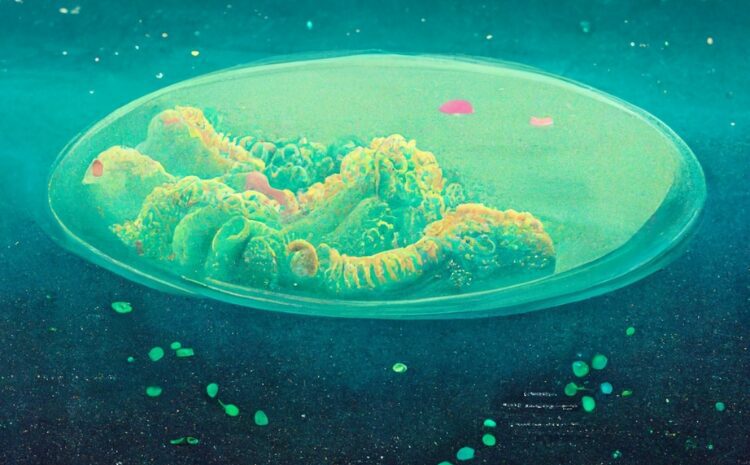The Game-Changing Breakthroughs in Gene Editing and Synthetic Biology
Two cutting-edge disciplines that have completely changed the way we think about biology and medicine are gene editing and synthetic biology. While synthetic biology carefully plans and creates new biological systems to carry out particular functions, gene editing aims to alter the DNA sequence. Both have the power to revolutionize the medical, agricultural, and energy sectors. However, they also bring up issues with morality and security.
What is Gene Editing?
Modifying an organism’s DNA sequence is known as gene editing. It allows precise addition, removal, or modification of particular genes. CRISPR-Cas9, the most widely used method of gene editing, employs a protein called Cas9 to cut the DNA at the desired location and a guide RNA to guide the protein to the proper location. Following the cut, the cell’s built-in repair system can be employed to introduce the desired changes to the DNA sequence.
Advantages of Gene Editing:

- Potential to treat genetic diseases: By addressing the underlying genetic defect, gene editing has the potential to treat genetic illnesses like cystic fibrosis, sickle cell anaemia, and Huntington’s disease.
- Development of new therapies: Gene editing could be used to develop new therapies for cancer, autoimmune disorders, and infectious diseases.
- Improving crop yields: Gene editing could improve crop yields by modifying genes responsible for traits such as drought resistance, pest resistance, and disease resistance.
Disadvantages of Gene Editing:

- Off-target effects: Gene editing can introduce unwanted mutations in the genome, leading to unintended consequences.
- Ethical concerns: Gene editing raises ethical concerns about its use for
enhancing human traits or creating “designer babies.”
- Safety concerns: The long-term safety of gene editing is still uncertain, and there are concerns about unintended consequences on ecosystems.
Examples of Gene Editing:

- Making cells immune to HIV infection by editing the CCR5 gene.
- Fixing the genetic error that results in sickle cell anaemia.
- Modifying the lactose intolerance-causing genes in dairy cows.
The Future of Gene Editing:
Gene editing is expected to revolutionise medicine by curing genetic diseases,
developing new therapies, and improving crop yields. However, it is important to address the ethical and safety concerns associated with gene editing before
widespread use.
What is Synthetic Biology?
Synthetic biology is the creation of novel biological systems using the principles of engineering. It entails engineering artificial biological organisms, cells, and circuits to carry out particular tasks. To create new biological systems, synthetic biology combines engineering, genetics, and molecular biology.
Advantages of Synthetic Biology:

- Creating new drugs: Synthetic biology can be used to develop new medications, such as the malaria drug artemisinin, which was made by genetically modifying yeast cells.
- Renewable energy: Synthetic biology can be used to create novel biofuels from non-food crops, such as bioethanol and biodiesel.
- Bioremediation: Synthetic biology can be used to create organisms that can break down pollutants and purge contaminated environments, a process known as bioremediation.
Disadvantages of Synthetic Biology:

- Safety concerns: Dispersing engineered genes among wild populations is one unintended consequence of releasing genetically modified organisms into the environment.
- Ethical concerns: Synthetic biology raises moral questions regarding the development of novel life forms and the potential for technology abuse.
- Complexity: Biology, engineering, and computer science are just a few of the many fields of expertise needed in the complex field of synthetic biology.
Examples of Synthetic Biology:

- Creating bacteria that can produce biofuels from non-food crops.
- Developing bacteria that can detect and destroy cancer cells.
- Designing synthetic cells that can perform specific functions, such as sensing and responding to environmental cues.
The Future of Synthetic Biology:
The fields of medicine, agriculture, and energy are all expected to be significantly impacted by synthetic biology. Prior to widespread use, it is crucial to address the ethical and safety issues connected to this field. As synthetic biology develops, it has the potential to build entirely new biological systems with distinct traits and capabilities.
However, there are ethical and security issues with both gene editing and synthetic biology, including unintended consequences and potential abuse. Prior to their widespread adoption, these issues must be resolved in order to guarantee that these technologies are created responsibly. Overall, gene editing and synthetic biology have a bright future, and more work in these areas will open the door to creative new solutions to some of the most pressing issues facing the planet.
Writer
Md Ashik Karim Nayon
Intern, Content Writing Department
Requin BD





2 Comments
Fardin Hassan Rocky
May 4, 2023
Such a great piece!
Sara Shahrin Moumi
May 7, 2023
Get to know more about gene editing. It’s game changing.